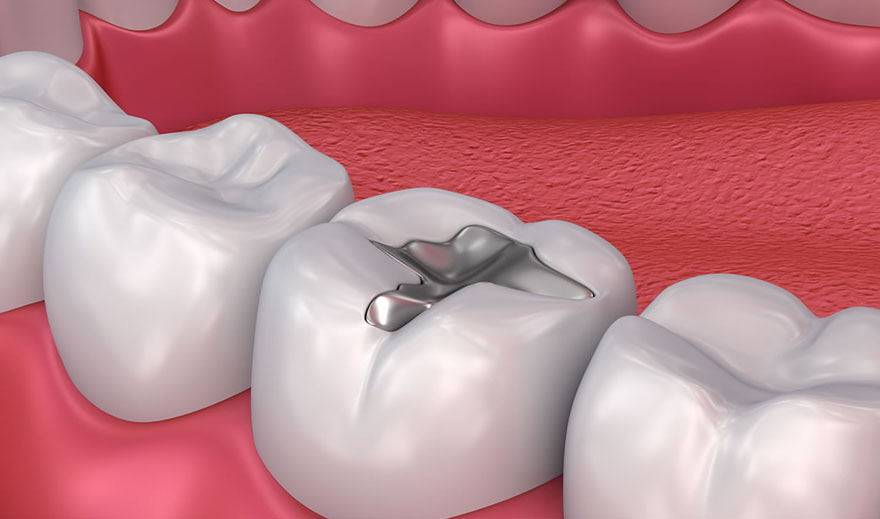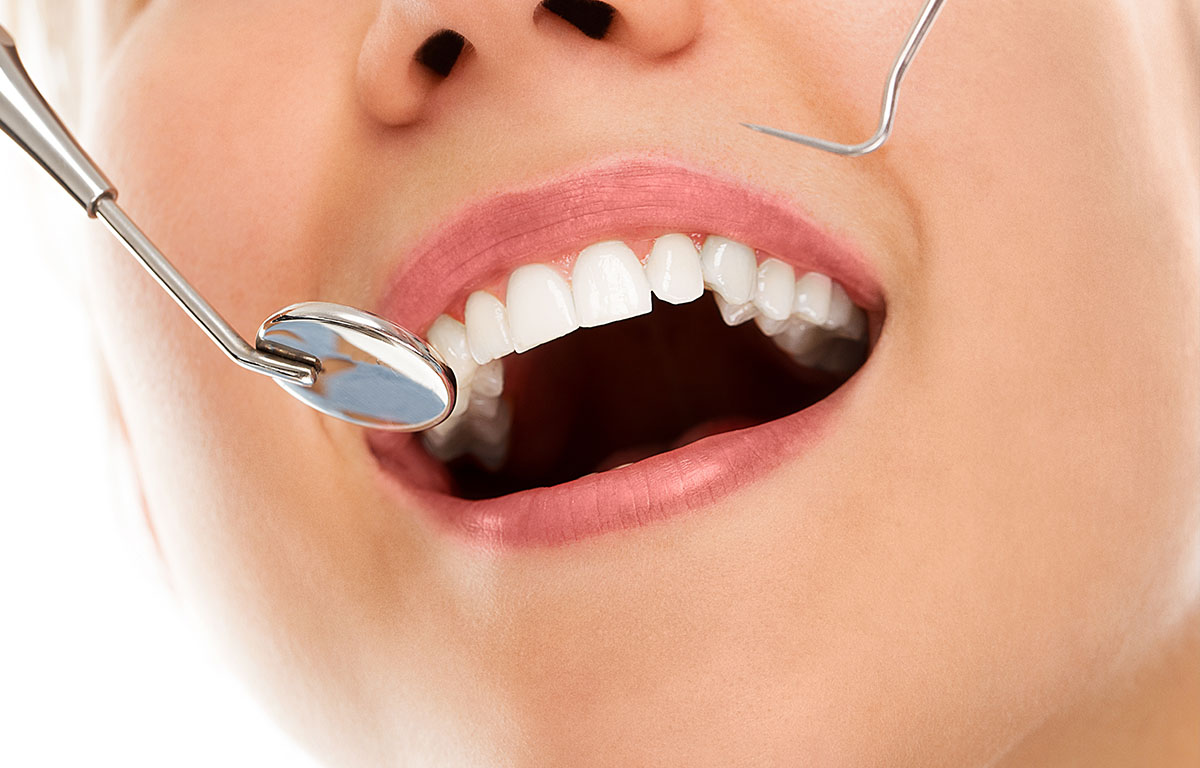
Filing & Bonding at Antalya Dental Hospital, Turkey
Filing & Bonding: What Are They, Benefits and Cost
Teeth can be filled with gold; porcelain; silver amalgam (which consists of mercury mixed with silver, tin, zinc, and copper); or tooth-colored, plastic, and materials called composite resin fillings. There is also a material that contains glass particles and is known as glass ionomer
Teeth bonding is a procedure in which a tooth-colored resin material (a durable plastic material) is applied and hardened with a special light, which ultimately “bonds” the material to the tooth to restore or improve a person’s smile.
Teeth fillings :
- are commonly used to treat cases such as cavities, broken and crocked teeth.
- It is also applied to the protective enamel lair that was affected by erosion.
We offer tooth colored fillings that mainly fall under the following types:
Composite fillings:
- This type of filling is filled and curved directly in the tooth.
Inlays and Onlays:
- Considered as the most durable filing, dental inlays and onlays serve several purposes and are important treatment options for dental restorative requirements.
- The process starts by taking measurements of the teeth, which then allows for the filling to be fabricated in the lab before being applied in the second visit.
Teeth Bonding :
Is a technique where a thin tooth-colored resin material is bonded to the teeth. This procedure is used to repair teeth, change their shape or close gaps between them , its an alternative of teeth veneers.
Teeth Bonding is a Durable , reliable , and most conservative technique.
Questions about Dental Filing & Bonding, with answers from board-certified doctors. Get all of your questions answered on Antalya Dental Hospital.
Need more advice?
If you need free and impartial advice about your oral health, contact our Antalya Dental Hospital Helpline by email or call +90 242-999-1227 (local rate call in the Turkey).
Our Antalya Dental Hospital Helpline is completely confidential and has helped almost 20,000+ people. Contact our experts by telephone, email or online enquiry, Monday to Friday, 08:00 - 18:00.
Frequently Asked Questions About Dental Health
FAQs
Our FAQs are the most commonly-asked questions put to our Dental Helpline over the last year. If you have a question for us, you can ask our Dental Helpline by telephone or email. Alternatively, please take a look at our library of oral health information, which contains a wide range of oral health advice in an easy-to-understand Q&A format.
No. It is not true that pregnancy causes tooth problems through a lack of calcium, or that you will lose one tooth for each child you have.
If you have a single tooth missing, you will need an implant to support it. If you have a number of teeth missing, and these are next to each other, you could still have one implant for each tooth. Or you may find that, if you have two or more implants, they may be able to support more than one tooth each. Your dentist will talk to you about the best option for you.
White fillings have always been considered less long-lasting than silver amalgam fillings. But there are now new materials available that are comparable to silver amalgam, and these are proving to be very successful. The life expectancy of a white filling can depend greatly on where it is in your mouth and how heavily your teeth come together when you bite. Your dental team can advise you on how long your fillings should last.
Looking after your teeth and gums is important for everyone. As an LGBT patient there may be some specific health details that your dental team need to know about.
Data shows LGBT people are more likely to smoke than straight and cisgender people. If you do use tobacco you are more likely to have problems in your mouth. Gum disease and tooth loss are just some of the problems that can happen. Smoking and alcohol also increase the risk of mouth cancer – something your dentist will check for at every examination.
Other personal issues like mental health, substance use and eating disorders can also affect your oral health.
LGBT people are also affected by higher rates of HIV and hepatitis. HIV can lower the body’s ability to fight infection, and the side effects of some HIV medications can cause problems in the mouth.
Some transgender people may take hormones they have bought online, and some HRT medication can cause oral health problems. Because of this, it is important that trans patients feel able to discuss any possible oral health issues with their dentist.
Sometimes LGBT people experience unique stresses, and these can contribute to poor mental health. Poor mental health can also have a knock-on effect for oral health. People who suffer from anxiety or depression are less likely to keep to a daily oral health routine and are less likely to visit a dental practice regularly. This can lead to oral health problems.
Your Best Smile Starts Here
Follow along as Antalya Dental Hospital expert dentists share the latest oral health trends that impact you and your family’s overall health. Dentistry and Oral Health Blog is a rich source of information about dentistry, dental care, tips, news and more. Subscribe to our blog, newsroom and social media.







